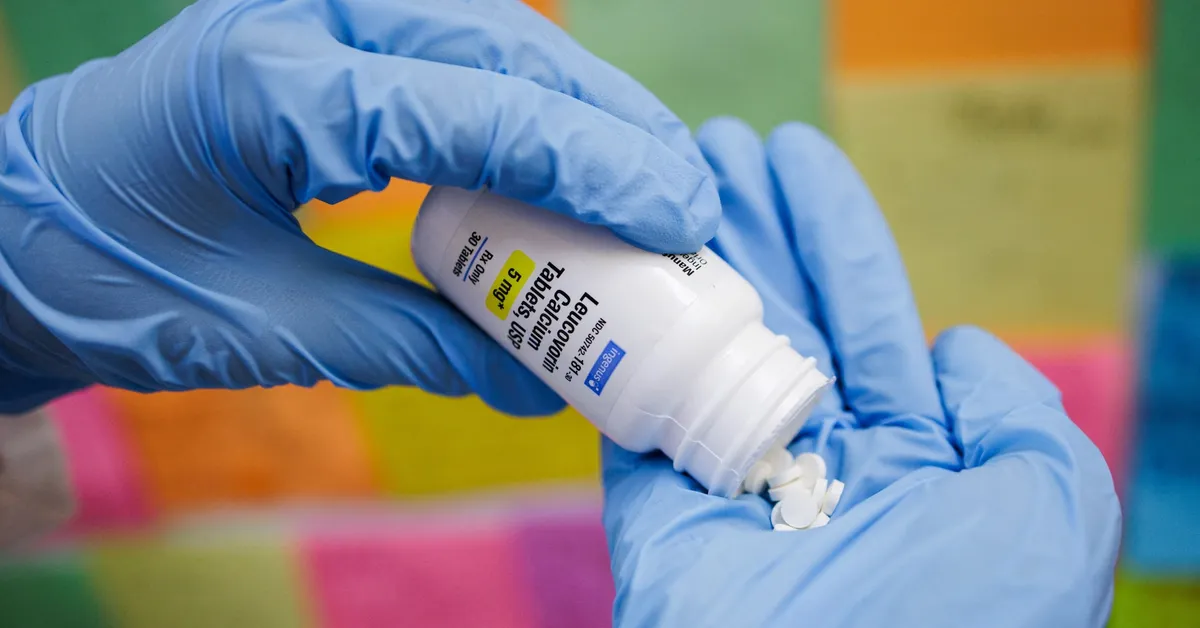
On October 31, the American Academy of Pediatrics (AAP) made a significant announcement regarding the use of leucovorin, a form of vitamin B9, in children diagnosed with autism. The AAP does not endorse the routine use of this treatment, citing a lack of substantial evidence to support its benefits and risks for this specific population. This decision comes in the wake of increasing interest from parents who were encouraged by U.S. health officials during a White House press conference on September 22, which discussed various autism causes and potential treatments.
The American Academy of Pediatrics highlighted the limited data available regarding leucovorin's efficacy for individuals with autism. Although the treatment has been suggested for some neurological conditions, the AAP's stance is clear: without robust evidence, they cannot recommend its widespread use among autistic children. Dr. Kristin Sohl, an autism expert at the University of Missouri and a contributor to the AAP's guidance, emphasized the need for further studies to evaluate the safety and effectiveness of leucovorin in this context.
Dr. Sohl pointed out the critical role of evidence in guiding treatment decisions for autism. She explained that while the FDA may approve leucovorin for specific rare neurological conditions, its application in autism remains uncertain. “We don't know who this medicine is supposed to work for. We don't know whether it's safe. We don't know what dose to start with,” she stated. This uncertainty underscores the AAP's commitment to ensuring that pediatricians can effectively communicate with parents about the potential risks and benefits of treatments like leucovorin.
The AAP encourages a collaborative approach between healthcare providers and parents when considering treatment options for autism. Dr. Sohl advocates for informed decision-making, stating, “If this is something that can be supportive of an autistic child's developmental progress, then great. However, we also don't want to just throw things at someone because we don't know what else to do.” This perspective emphasizes the importance of careful consideration and individualized treatment plans.
For practitioners who may consider prescribing leucovorin for autism, the AAP recommends prioritizing patient safety. Clinicians should closely monitor for any harmful side effects and ensure that the treatment is utilized cautiously. Dr. Sohl shared that since the announcement, she has received numerous requests for leucovorin in her practice but has only prescribed it once—specifically within a controlled study framework agreed upon by both the parent and the patient. This approach reflects a commitment to safety and informed consent in autism treatment.
The AAP's guidance on leucovorin serves as a reminder of the importance of evidence-based practices in treating autism. As research continues to evolve, parents and healthcare providers are encouraged to stay informed and prioritize the well-being of autistic children while navigating treatment options.